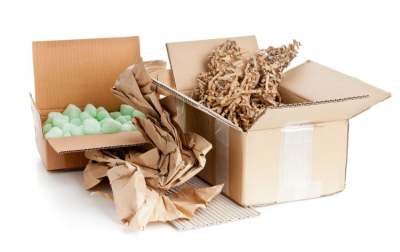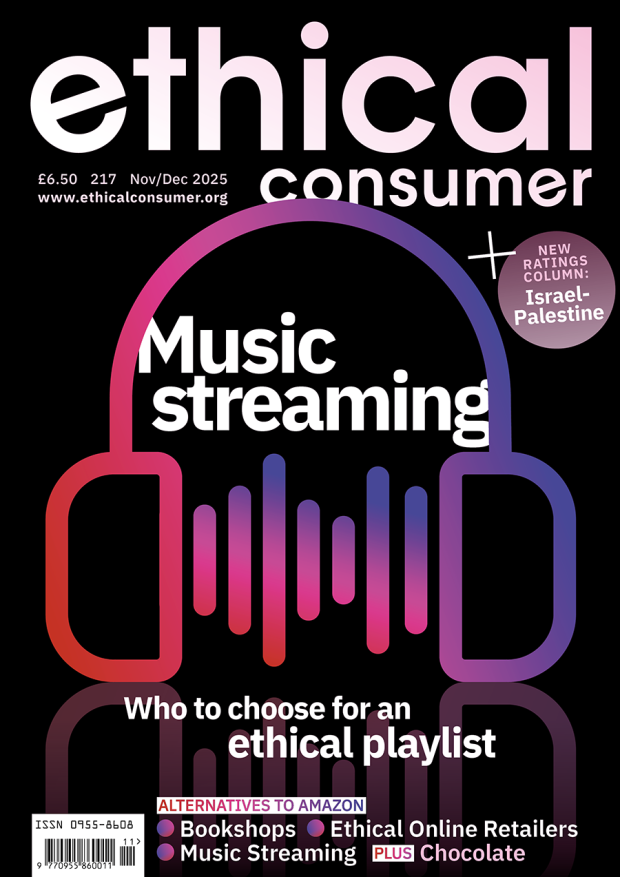Ethical online shopping in the UK
Amazon's vast selection, from cat litter to surgical gloves, makes it difficult for any single ethical retailer to offer a complete alternative. This guide includes both niche ethical specialists and larger retailers with varying ethical practices to provide a wide range of options.
This guide to ethical online retailers is part of our Alternatives to Amazon series, designed to help you avoid using the global giant where possible. All of the brands in this guide are better alternatives to Amazon, so although there are some brands who score much lower down the table, all of them have more ethical credentials than Amazon.




